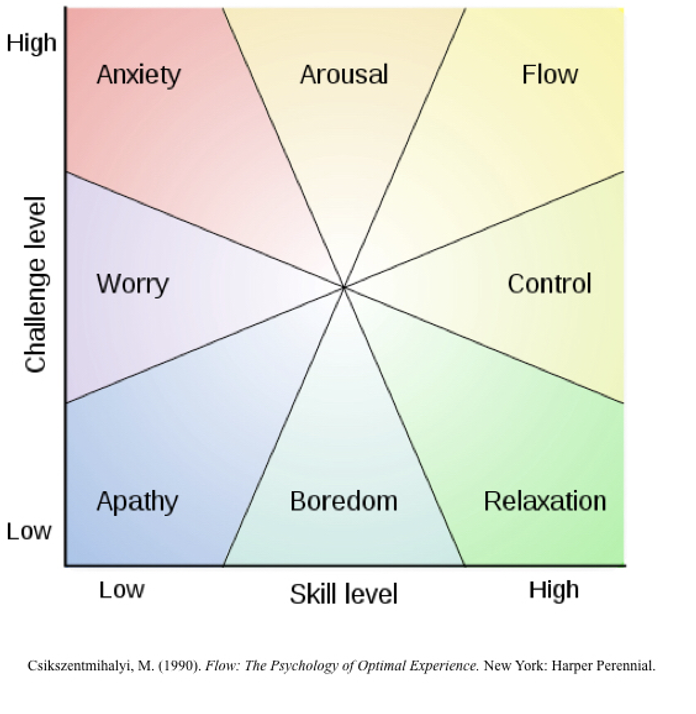Keep It Simple to Send (OR Keep it Simple to Succeed)
At it’s core climbing is a pretty simple activity. Go up. Not much more to it than that. We humans tend to make things way too complicated.

Why do we choose to ‘Go Up?’
- Because it’s there. (Quote attributed to George Mallory)
- Golf is too hard.
- I like hanging out with my friends. Certain parts of climbing are very social. Not only before and after but during climbing there can be much time socializing and problem solving together.
- It combines both physical and mental challenges. The physical is obvious but the mental is just as, if not more, important. Problem solving. Visualization. Setting and achieving goals. Risk management (i.e. maybe it is better to climb down this time.) Trust (both in yourself and in others)
- Climbing eliminates all distractions. Something about being on the wall (either bouldering or ‘on rope’) makes it really hard to think about anything except ‘what is the next move.’ Those short little moments are in many ways the best therapy. Too often we get in the weeds on something and distractions prevent us from figuring out what our next step is. Climbing teaches us to focus our attention on only one thing. If your mind wanders to ‘did I reply to that email’ or ‘I forgot to lock my car’ you will most likely not succeed in ‘going up.’
What does KISS have to do with climbing? When we keep climbing simple we allow ourselves to focus on what is important. ‘Is my foot on this hold properly,’ ‘am I grabbing this hold in a way that allows me to reach the next one.’ For me these little things are the most important parts of climbing. When I am truly able to focus on these things, I find myself climbing in a ‘flow experience.’ I get done and I don’t remember exactly how I did parts of the climb because I have entered that magical place where even though I am exerting myself climbing feels effortless (mentally anyway.)
Mihaly Csikszentmihalyi talks about ‘flow experience’ in his TED talk from 2004. He references the flow experience as a point where an activity (in this case climbing) is challenging enough and your skill level is high enough to match. It doesn’t have to be a V7 or a 5.12, the key is that the required skill matches the difficulty or challenge of the activity. (See graphic) If the activity is not challenging enough and your skill level is too high you get into apathy or boredom (you aren’t likely to enter the flow state climbing a ladder). If the activity is too challenging and your skill level is not high enough you experience worry or anxiety. On the periphery of the flow state is either arousal (skill level is almost high enough for the challenge) or control (when the challenge is not quite high enough.)

https://en.wikipedia.org/wiki/Four_stages_of_competence
(everyone is unconsciously competent in something, walking, driving a car, riding a bike etc) Think of an activity you can not only do, but one you can do while doing something else. Before you reach unconscious competence you are ‘consciously competent.’ You can do the skill but need to be focused on it (imagine an infant/toddler learning to walk, they can do it but it takes every ounce of concentration to succeed.) If you have learned to belay (secure the rope) you might remember that at first you really had to concentrate on the steps (maybe P.B.U.S. pull, brake, under, slide or something similar) At some point if you have been doing it enough you will become unconsciously competent at belaying. Climbing movement can be viewed the same way. If you have been climbing long enough you will become unconsciously competent at climbing. You won’t have to think about where to put your foot or how to grab a handhold. You will ‘just do it.’ An expert climber when climbing on an easy climb can let their mind wander to other things because they don’t have to consciously think ‘where should I put my foot’ the foot just goes where it needs to go (similar to walking, you most likely don’t have to think about where to put your foot when walking down the hall from your kitchen to your bedroom but if you are hiking on a trail with roots and rocks to trip on you might have to think about it for a bit.)
Bouldering is a great way to teach yourself to ‘enter the zone,’ or achieve a ‘flow state.’
- It is a short activity. The time you are actually ‘on the wall’ is short enough that your mind doesn’t have time to wander to ‘I need to finish my homework.’
- It requires intense focus. Once you start climbing at your limit (when the challenge and skill are aligned) if you don’t execute the moves precisely you will fail.
- It is goal oriented. The goal is simple, finish the problem. Everything else goes away.
How can you incorporate or get better at KISS in your climbing.
- Climb more. The more you climb the better you get at figuring out how to keep things simple. As you climb you will start to let go of things you don’t need and/or aren’t helping you achieve your goal.
- Put the phone away (AKA unplug yourself) Watching cat videos in between climbs doesn’t help. Also as much as I enjoy climbing, either in the gym or outside, something about being outside (especially when you have no cell service) is really exhilarating and freeing.
- Establish a routine. I am not talking about climbing every Tuesday @ 6 (but that could be part of it.) I mean a routine for when you climb. Tie or fasten your shoes the same way each time. If using ropes establish a mental checklist that you run through each time you start. It might sound silly but one of the things I always do before I start is make sure I am attached to the same rope as my belayer. Look at the rope going from you to the belayer. My process works for me but you need to make your own.
- Learn the ‘why.’ The more you know the better able you will be to let go of things that aren’t important. When you understand why something is done the way it is you can often simplify parts of it.
Much of what I am referring to is in regard to climbing relates to ‘movement.’ That aspect of ‘going up’ that involves your feet, hips, arms, shoulders, hands etc…You can incorporate KISS in all aspects of climbing (or life in general) Keeping things simple and straightforward should be something we all strive for in many aspects of life, especially climbing. The more complicated you make things the more likely that
- Components of your system interact in ways you can’t anticipate or troubleshoot
- You’re distracted from things that are truly important
- It is harder for someone else (or you) to evaluate your process
